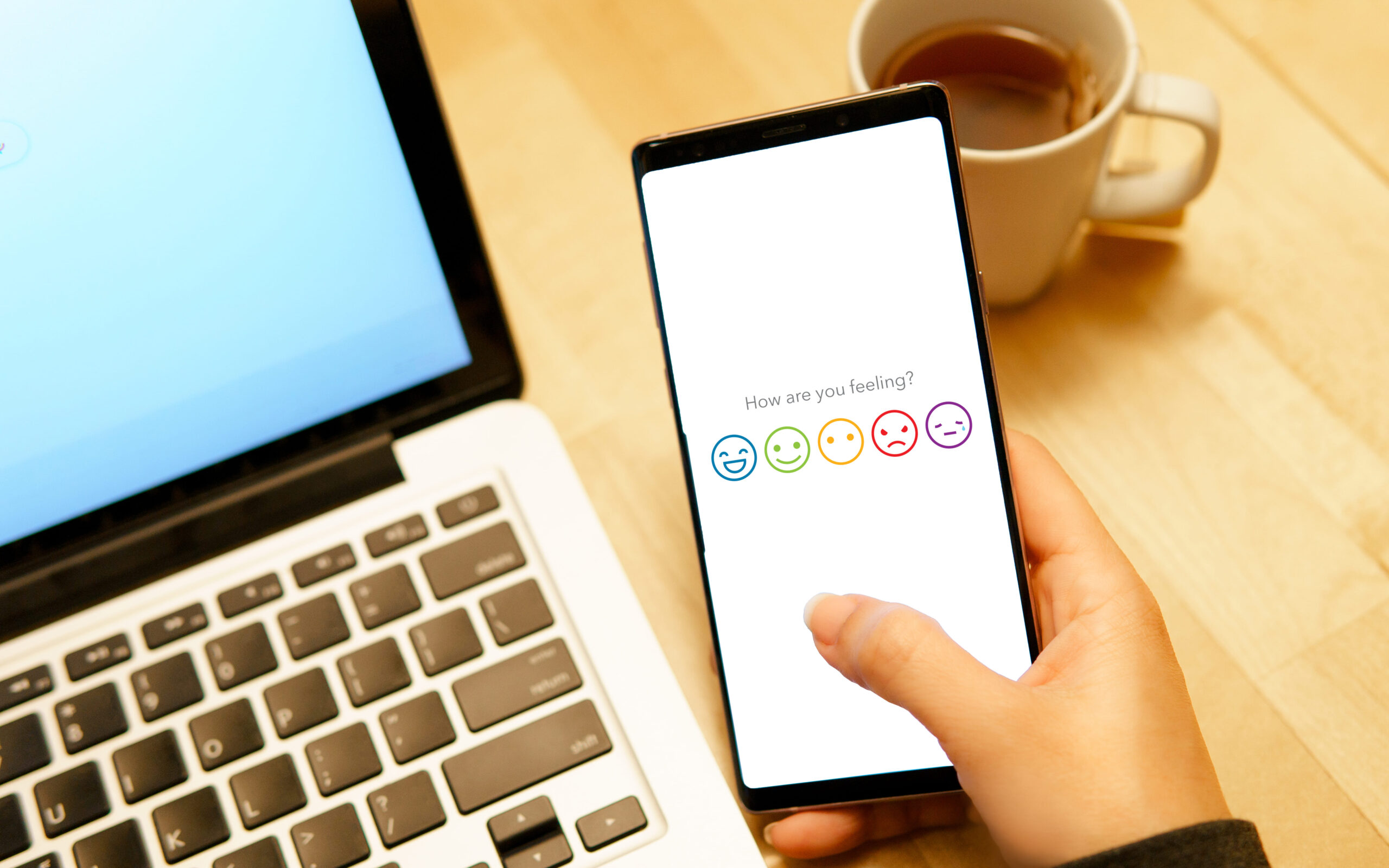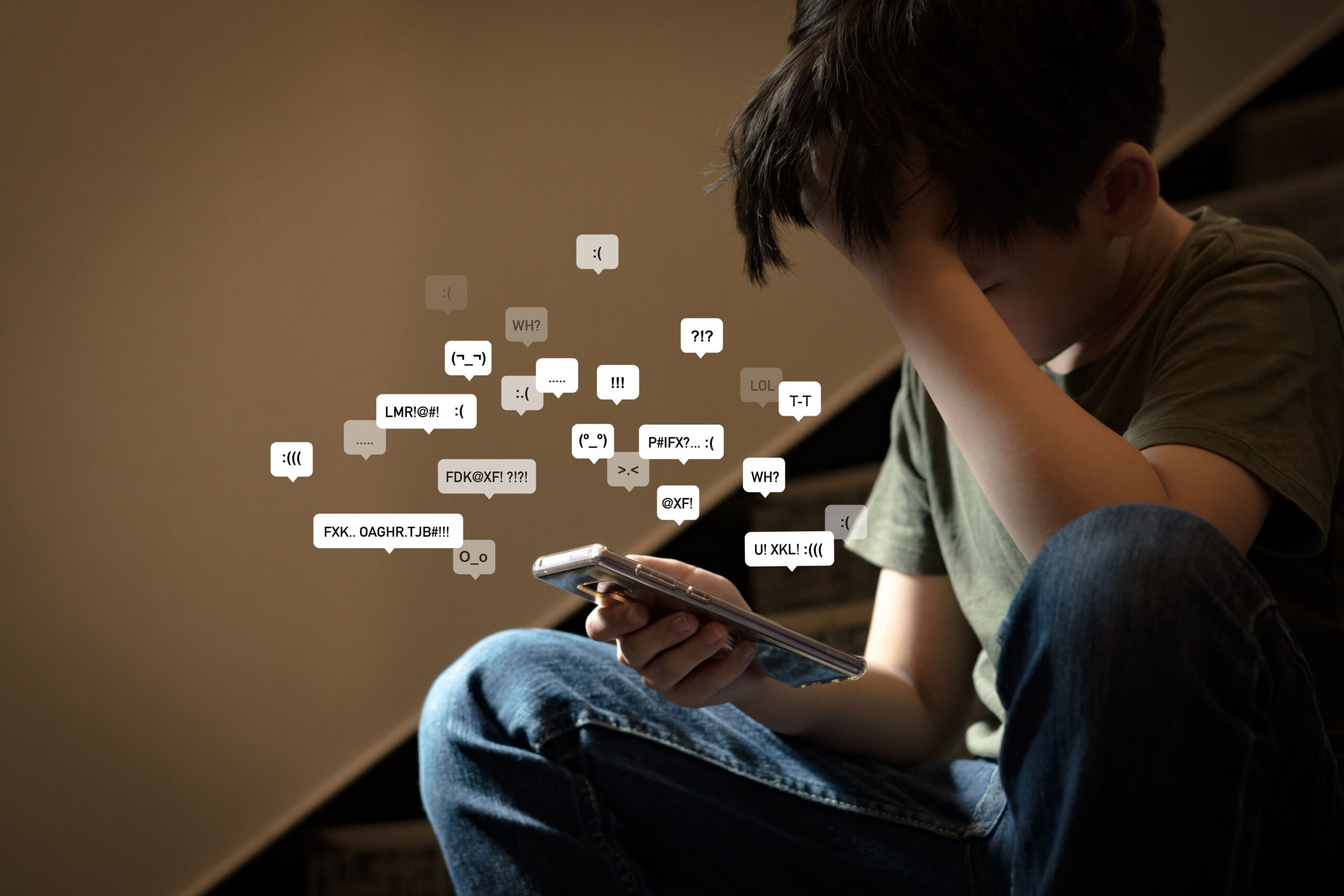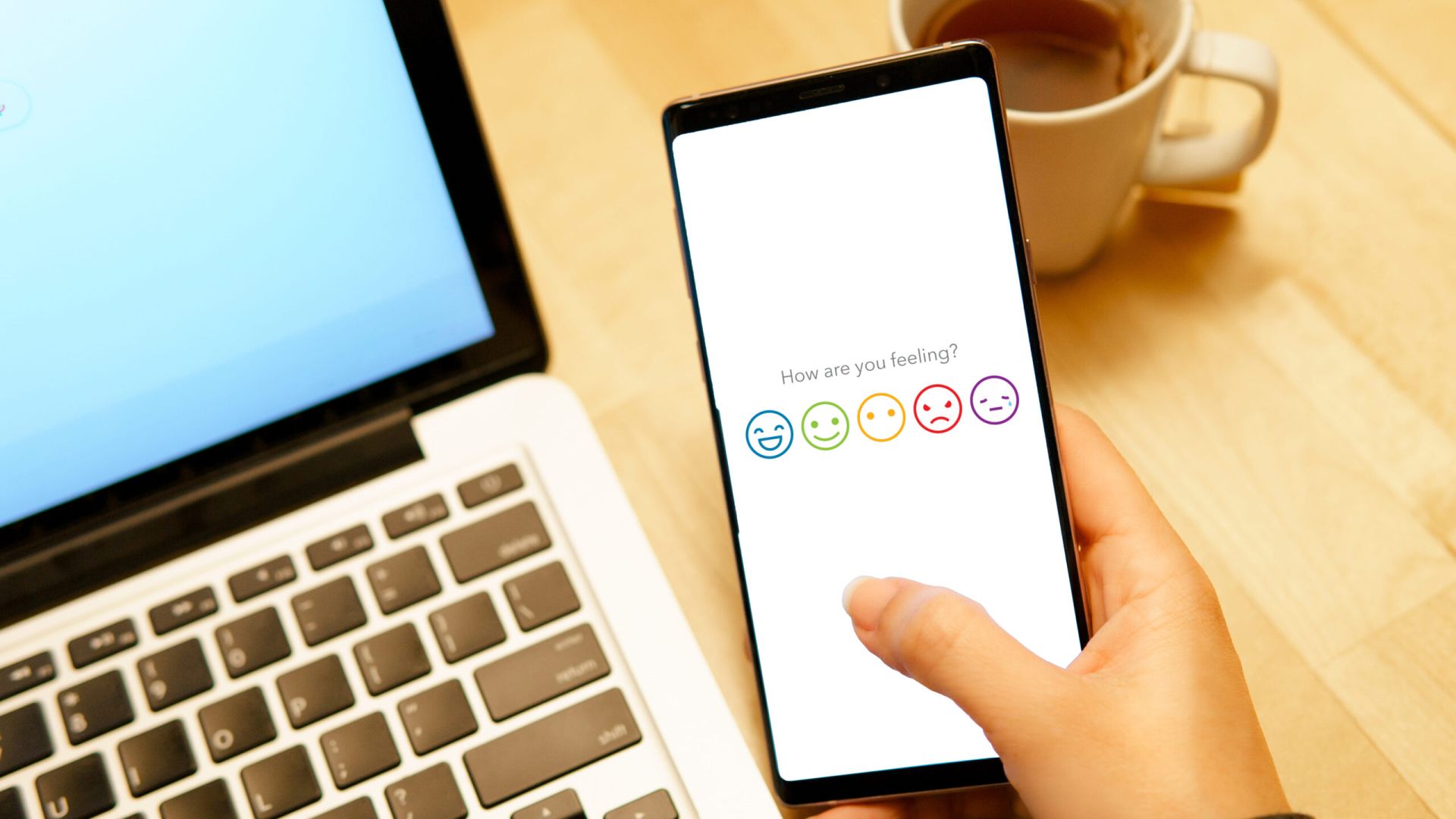Latest AXA Mind Health Report highlights urgent mental health realities and evolving coping strategies in the digital age
AXA’s 2025 Mind Health Report highlights the growing mental health challenges faced by young Filipinos and the importance of digital tools and proactive support in fostering safer, healthier mental well-being for the community.
In an era defined by economic uncertainty, digital fatigue, and growing social isolation, young Filipinos are emerging at the forefront of a vital conversation: mental health. According to AXA’s 2025 Mind Health Report, Filipinos, aged 18 to 34, are experiencing significantly higher levels of stress, anxiety, and depression than their global peers. Yet, they are also among the most proactive in seeking support through digital and AI-powered mental wellness tools.



This year’s study offers deep insights into how Filipinos—especially the younger generation—are coping, adapting, and innovating in response to mental health challenges.
Gen Z and Millennials Lead the Shift to Digital Mental Health
The AXA Mind Health Index, a key component of the report, categorizes individuals into four distinct mental well-being states:
- Flourishing, the pinnacle of positive mind health;
- Getting by, where individuals show some areas of well-being but not enough to flourish;
- Languishing, the absence of positive well-being; and
- Struggling, the most vulnerable state, marked by challenges in most areas of life.
A significant portion of Filipino youth identify as languishing or struggling—highlighting the urgent need for accessible, relevant, and proactive mental health solutions.
This year’s AXA Mind Health Report provides valuable insights into how Filipinos, particularly the younger generation, are coping, adapting, and finding innovative ways to address mental health challenges.
According to the report, Filipinos aged 18 to 34 are more likely than older generations to suffer from severe mental health symptoms and are diagnosed with conditions at higher rates than their global peers. Despite these challenges, this age group shows strong resilience and initiative—39% turn to AI-powered mental health tools, well above the global average of 28%. In fact, half of all Filipinos now rely on digital platforms like websites, blogs, forums, and social media for mental health support.
Stress Levels Among Working-Class Filipinos Among Highest Globally
The report also reveals that nearly seven in ten Filipinos experience at least mild forms of anxiety, stress, or depression—among the highest rates globally. Key drivers include financial instability and job insecurity (76% vs 53% globally), uncertainty about the future (70% vs 53%), loneliness and social isolation (58% vs 42%), climate change anxiety (57% vs 38%), and exposure to negative news (55% vs 45%).
Workplaces play a significant role in both stress and support. The data points to an opportunity for organizations to be part of the solution—by fostering psychologically safe environments, supporting mental health literacy, and encouraging open conversations.
Local employers must encourage proactive conversations and collaborations among young Filipinos to support mental health and promote holistic well-being across communities.
Building a Culture of Early Support
As more young Filipinos turn to self-guided tools and digital channels for help, the availability of accessible resources for early mental health awareness and care becomes increasingly important.
Simple, non-diagnostic tools – such as AXA’s Mind Health Self-Check—are helping individuals reflect on their mental state and take proactive steps when needed. Some health plans in the market have also begun to include free mental health consultations as part of their coverage, recognizing the importance of holistic care. Additionally, a growing number of protection solutions now acknowledge the reality of mental health conditions, with some beginning to incorporate coverage for select mental health conditions.
“Because mental health is not just a personal issue—it’s a public one. And tackling it requires shared understanding, accessible tools, and sustained support,” said AXA Philippines CEO Ayman Kandil. “And while we still have a long way to address the gaps, know you can do something now and thrive with the right support.”
The annual AXA Mind Health Report, now in its fifth year, explores global and local attitudes toward mental health and tracks emerging trends and behaviors that influence mental wellness across life stages and cultures. As one of the largest and fastest-growing insurance companies in the country, AXA Philippines aims to amplify the conversation around mind health and uncover opportunities for individuals, healthcare professionals, and policymakers to take action for a better global mind health.
For more information about AXA Philippines’ commitment to holistic well-being for all, visit https://www.axa.com.ph.




